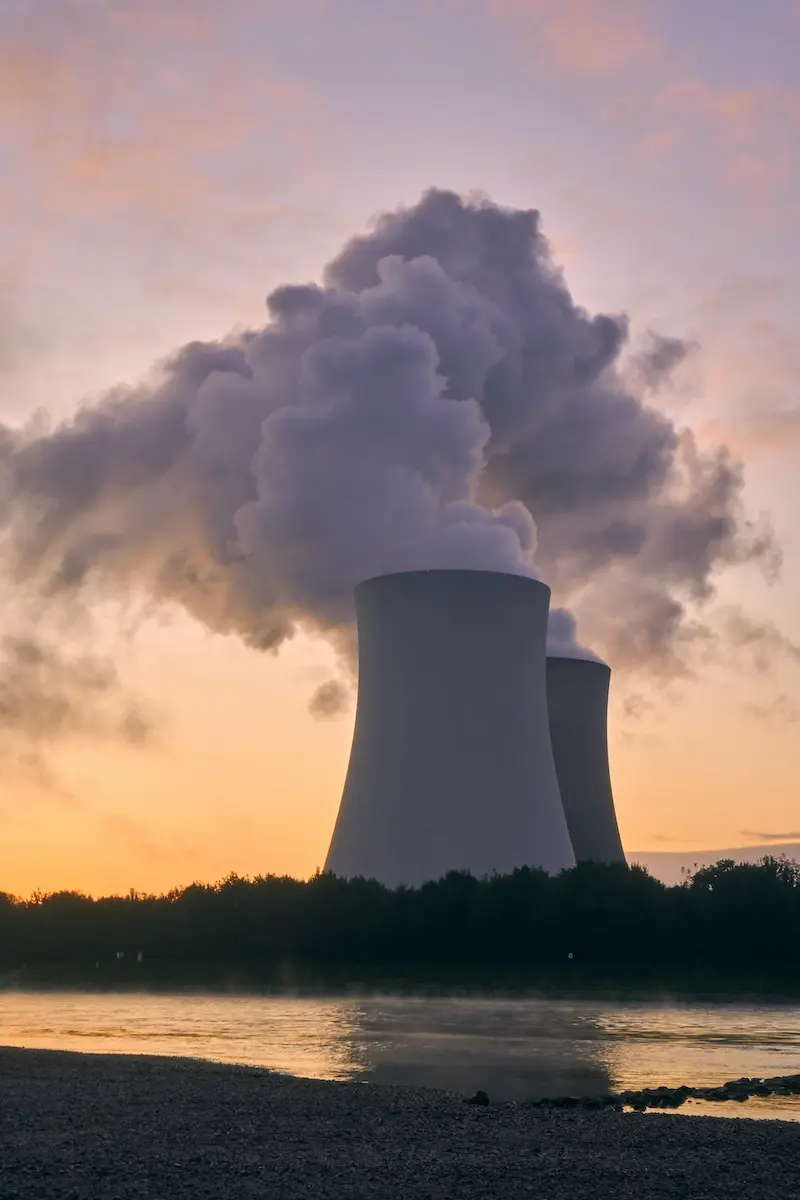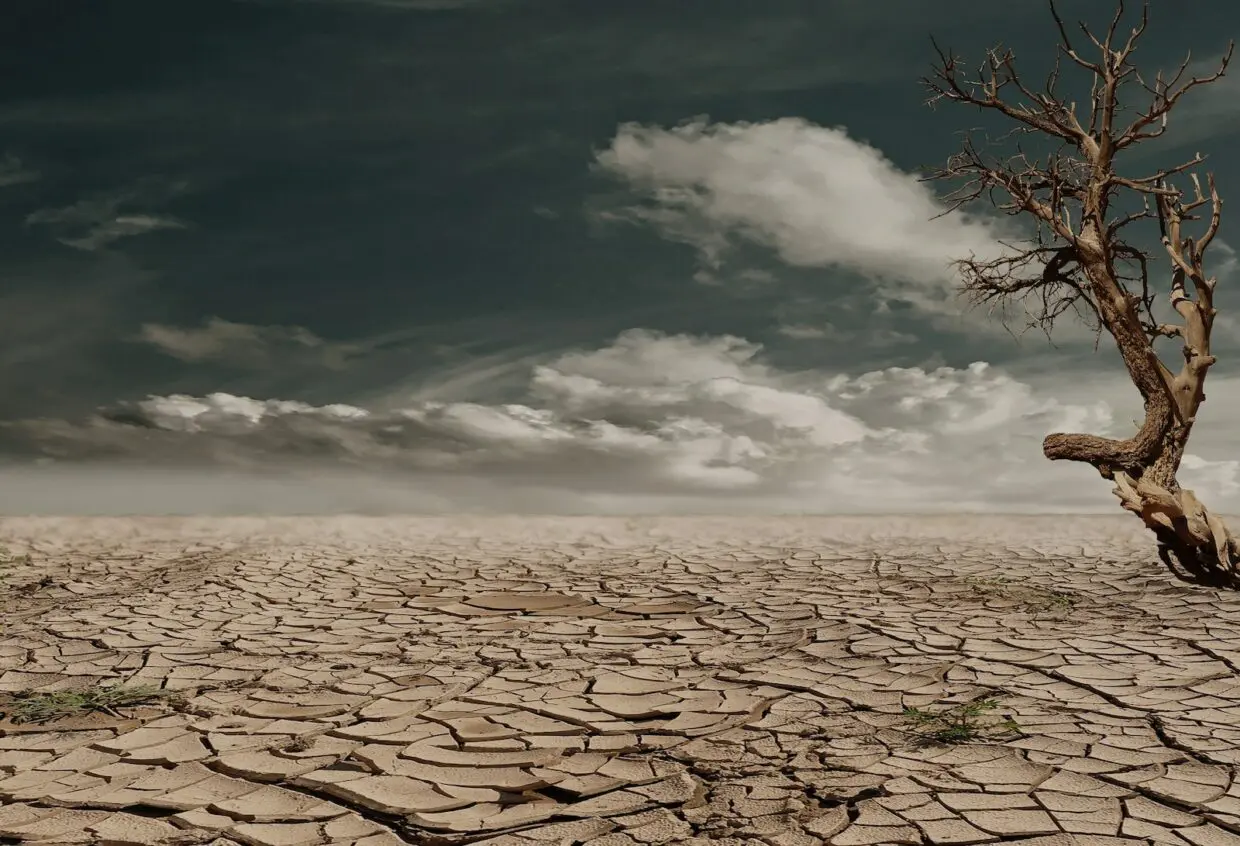Introduction
The New Zealand government has an important role to play in climate change. Climate change is a global challenge that requires a collective effort from governments, industry and citizens. In New Zealand, the government is taking action to reduce emissions, develop a low-carbon economy and build resilience to the impacts of climate change. Climate change presents a range of short- and long-term risks to New Zealand’s environment, economy and communities, and addressing it requires both urgent and long-term action.
The Government’s Action Plan for Climate Change
The New Zealand government has set a goal to reduce greenhouse gas emissions to net zero by 2050. This goal is supported by the Zero Carbon Act, which was passed into law in 2019. The Act sets out the parameters for New Zealand to reach its target, including setting emissions reduction goals for different sectors, setting up an independent Climate Change Commission and ensuring additional measures are in place to safeguard New Zealand’s biodiversity.
The government has also set up the Climate Change Commission, an independent body that will provide advice to the government on how New Zealand can best tackle climate change and reach its 2050 goal. The Commission will provide guidance on policy, advise the government on setting and reviewing emissions budgets, and ensure that climate change mitigation and adaptation measures are coordinated across government departments.
Key Measures to Tackle Climate Change
The government is taking a range of measures to reduce emissions and build resilience to the impacts of climate change. These measures include:
- Improving energy efficiency: Investing in energy efficient technology and design, encouraging the use of renewable energy sources, and reducing reliance on fossil fuels.
- Reducing agricultural emissions: Reducing methane emissions from pastoral livestock and agricultural crop production, and encouraging the uptake of lower-emissions farming methods.
- Managing land use: Managing land use to increase carbon sequestration, such as through afforestation and the restoration of wetlands and other ecosystems.
- Investing in research: Supporting research into low-emissions technologies, such as carbon capture and storage, and renewable energy sources, such as solar and wind.
The government is also taking measures to protect communities and build resilience to the impacts of climate change. These measures include:
- Building resilient infrastructure: Investing in infrastructure such as sea walls and storm surge defences, and developing risk reduction strategies such as coastal protection, flood management, and relocation of vulnerable communities.
- Developing climate change adaptation plans: Developing plans to manage the risks from climate change and reduce the potential impacts, such as drought or heatwave plans.
- Encouraging sustainable and resilient practices: Developing and implementing policies, such as a national water policy, to manage water resources, and encouraging sustainable and resilient practices among farmers and communities.
Conclusion
New Zealand’s government has an important role to play in tackling climate change. The government is taking a range of measures to reduce emissions, develop a low-carbon economy and build resilience to the impacts of climate change. The government’s goal is to reduce greenhouse gas emissions to net zero by 2050, and its Zero Carbon Act, Climate Change Commission and other measures are helping to make this goal a reality. With the government’s help, New Zealand can effectively tackle climate change and help protect its environment, economy and communities for generations to come.






